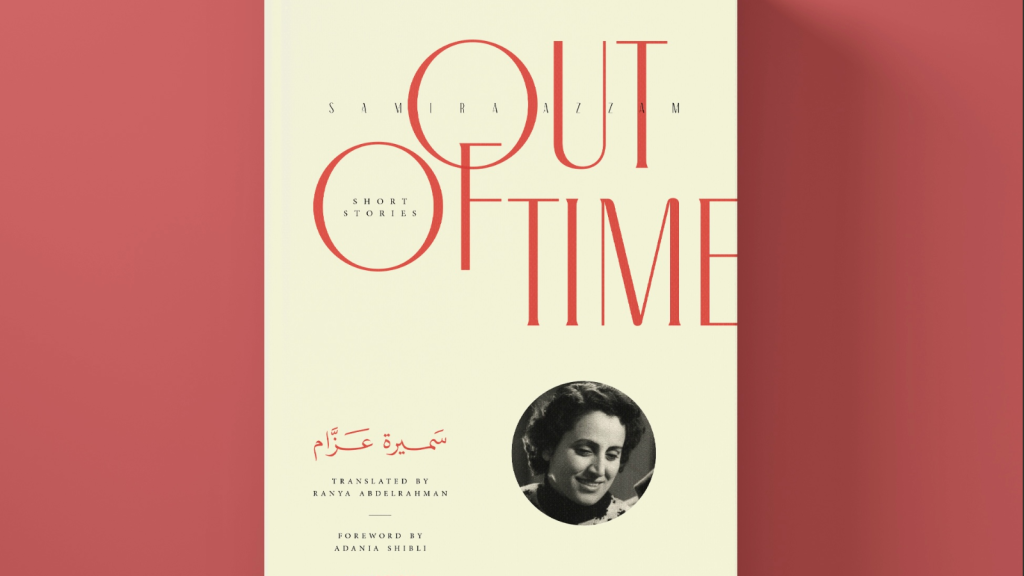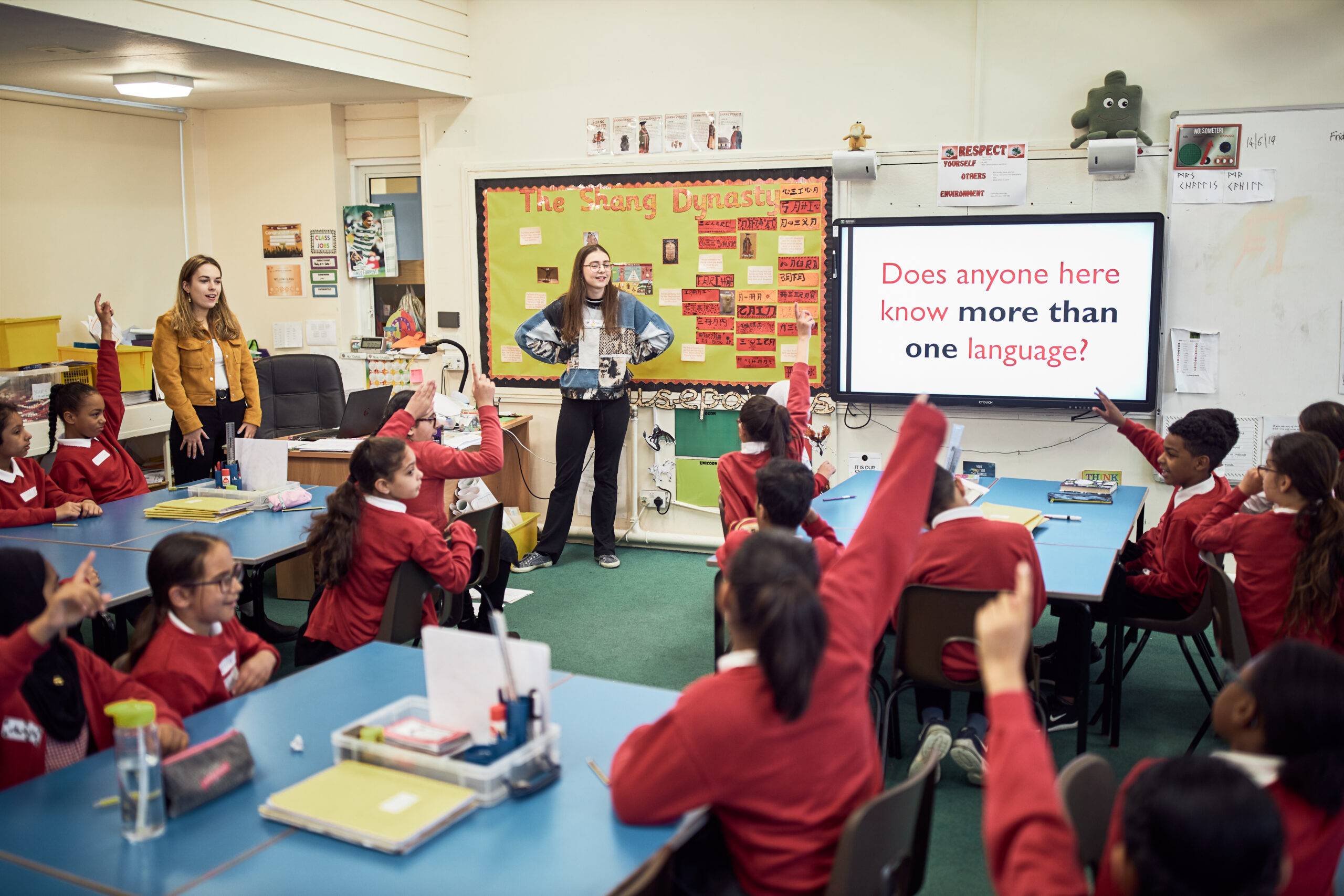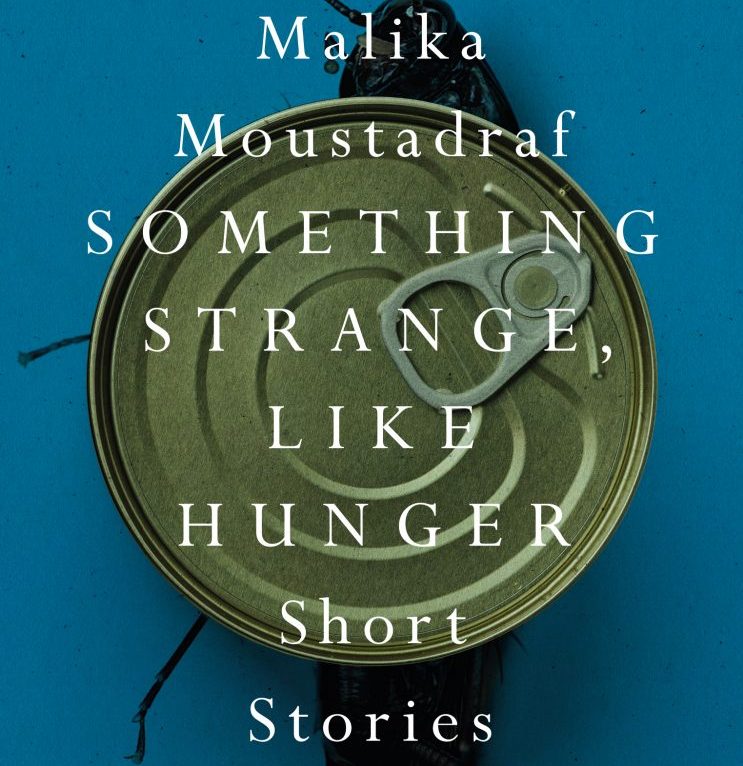Our virtual international book club is for language-learners aged 15-18. We discuss a novel in English translation, and the club is open to all those in Years 11-13 / Scotland: S4-6.
We are currently developing a new format for our International Book Clubs, which means there will be no sessions until further announcement. Sign up to our mailing list so you don’t miss out!
All learners of Modern Languages at UK schools in Years 11-13 / Scotland: S4-6 are welcome to join our International Book Club. We also host an International Book Club open to the general public!
The International Book Club for Schools is a chance for you to explore foreign-language books which have been translated into English with other like-minded, literature-loving students. No knowledge of the original language is required to take part!
For those of you thinking you may like to study languages at university, there will also be a chance to hear more about what this would entail from current students and tutors, and to ask us your questions.
To take part in the Book Club, you will need to read a copy of the set book in advance of the session. You may like to make some notes on what you’ve read – the key themes of the text, anything you liked or disliked about the narrative or characters – that you would like to share during the Book Club.
All sessions are free to attend and take place online.
Hold an International Book Club in your school.
Our Book Club for Schools Guide is a PDF information pack designed to help sixth-formers and/or teachers set up an international book club at their schools. It includes information about how to set up and run a club, and detailed guides to several books that you might choose to discuss.
Download our notes and guide questions for eight outstanding books in translation, and read our blog to see how it went in one British sixth form!
Why host an international book club?
- Hosting their own book club will allow students to take the initiative in choosing which books to read and what to ask about them.
- Encouraging them to deepen or refine their interest in translated fiction whilst also building connections and friendships across classes or years.
- It is the kind of project that will look great on a UCAS application, demonstrating a commitment to studying beyond course requirements. Experience of planning and coordinating events would also be a good CV-booster, regardless of whether students aim to embark on further study of languages or literature.
- It will help students better articulate their ideas and develop their knowledge beyond the curriculum: this may be particularly useful for those studying literature or languages at A-Level, but communication and analysis skills are always widely transferable.
We’re proud to expose students to the diversity of international literature. You can find a list of the texts we have recently read below.
March 2023 – Out of Time, by Palestinian writer Samira Azzam, translated from Arabic by Ranya Abdelrahman
November 2022 – Quesadillas by Mexican writer Juan Pablo Villalobos, translated from Spanish by Rosalind Harvey.
July 2022 – The Blacksmith’s Daughter by Selim Özdoğan, translated from German by Ayça Türkoğlu and Katy Derbyshire.
March 2022 –A Long Way from Douala by Max Lobe, translated by Ros Schwartz from French (and occasionally from Camfranglais).
December 2021 – The Town with Acacia Trees by Mihail Sebastian, translated from Romanian by Gabi Reigh.
July 2021- The Spectre of Alexander Wolf by Gaito Gazdanov, translated from Russian by Bryan Karetnyk.



